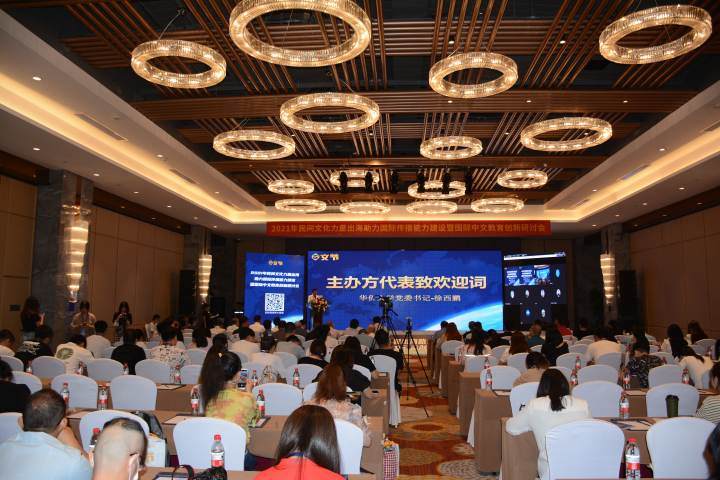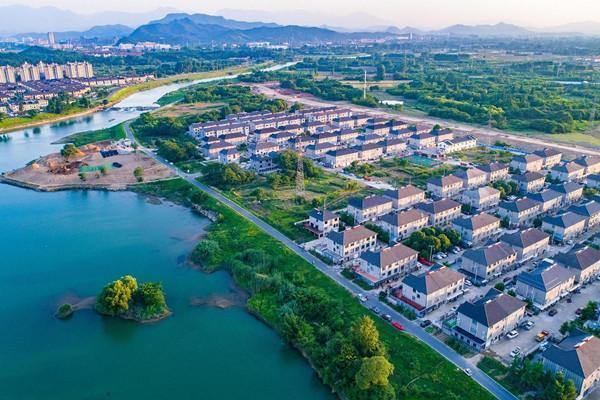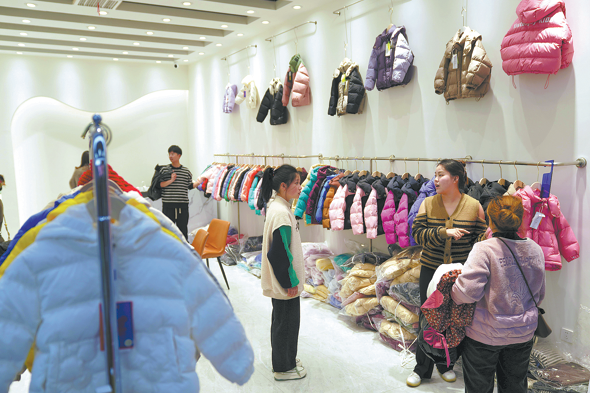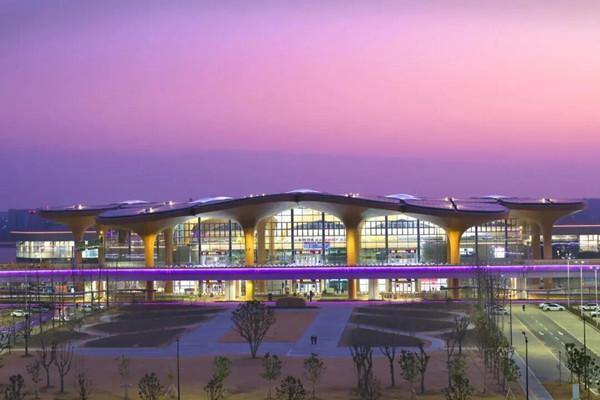
(Profile photo/Zhejiang News)
On September 9, a conference on promoting innovations about Chinese language education and encouraging folk Chinese culture to go abroad was held in Hangzhou, with participants and guests from diverse professional backgrounds, including government officials, educators, researchers, and experts on Chinese language teaching, and so forth. In the meantime, the conference had also prepared 6 parallel venues including Fuzhou of China, Sydney of Australia, New York of the United States, Jakarta in Indonesia, Madrid, and Barcelona in Spain.
For many non-Chinese parents, the Chinese language, and mandarin, in particular, is now the language du jour for parents who want their children to learn a second - and sometimes third - dialect. How to promote Chinese language teaching in the world, and how to engage more overseas Chinese communities to promote Chinese culture with their non-native neighborhoods, so as to promote the mutual understanding between different cultures? The abovementioned questions are real concerns for participants of the forum.
Song Jianwu, an expert on media and communication studies pointed out that public diplomacy plays a crucial role in promoting mutual understanding between different cultures, and can engage different cultural groups in a more interactive and vivid way. Zhou Songyi, vice chairman of Zhejiang Overseas Chinese Federation highlighted the importance of the influence of media convergence and media technology in promoting international Chinese language education. He also added that brand building and brand communication are key to the success of international Chinese language education.
Zhu Min, president of ihatoo.com, an online mandarin learning platform shared his views about mandarin teaching and the importance of language in the mutual understanding of various civilizations. Mr. Zhu mentioned that the process of exchanges between Chinese culture and the cultures of the rest of the world are two-way. Only two-way exchanges can spark mutual learning among civilizations and lay the foundation of building a community with a shared future for mankind.
The rise of Chinese language learning is likely due to the economic growth of China as parents want their children to have more opportunities in a global economy. Spain, for example, has more than 40,000 people learning Chinese, and last year some 8,000 have taken the Chinese Proficiency Test (HSK) exam, ranking first among the member states of the European Union, according to Xinhua News Agency.
(Editor: Ye Ke)




